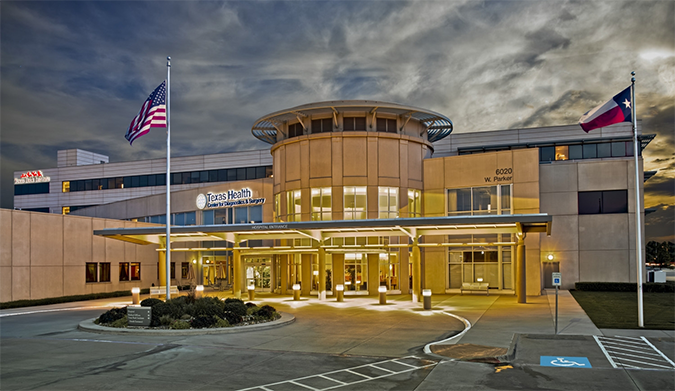You're in good hands.
At Texas Health Center for Diagnostics & Surgery, we understand that an impending medical procedure may present feelings of nervousness or anxiety. We want to help alleviate these feelings as much as we can so that you and your family are relaxed, comfortable and confident in your care team. Your surgeon will provide specific details related to your procedure, including pre- and post-surgical care, but here are some general guidelines that can help ensure that your surgery runs smoothly.

